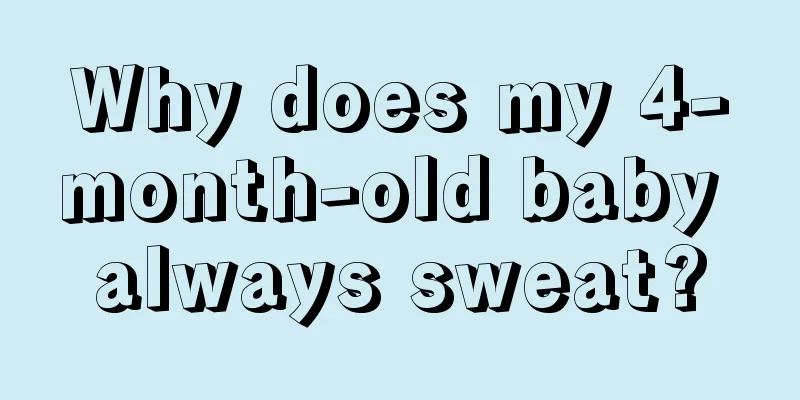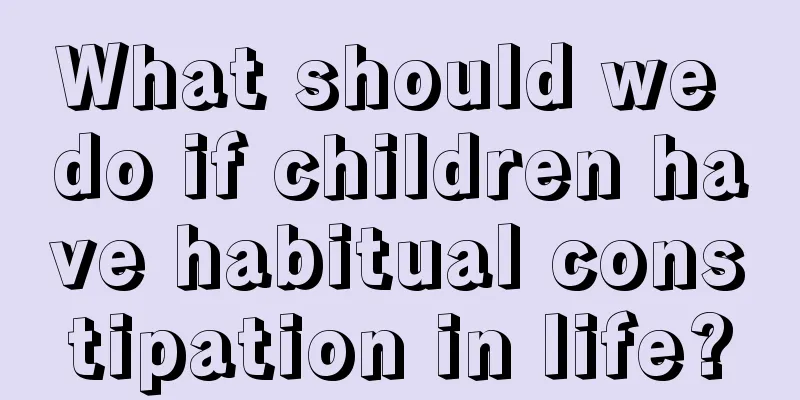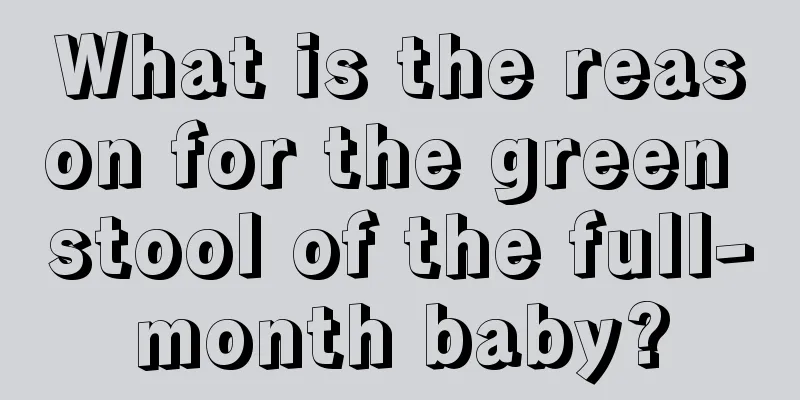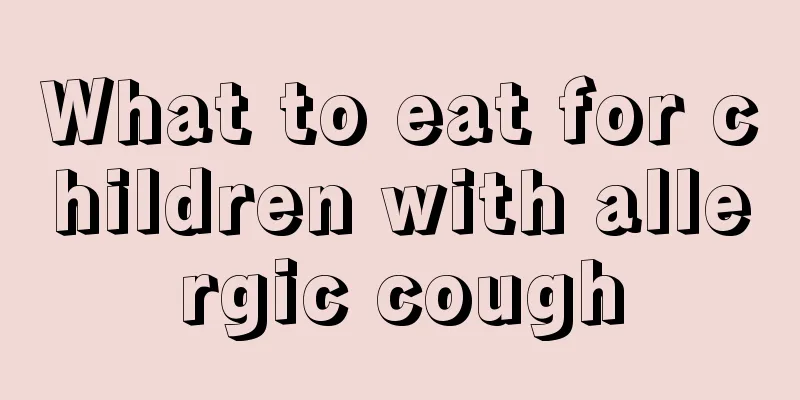Will children have fever with gastroenteritis?
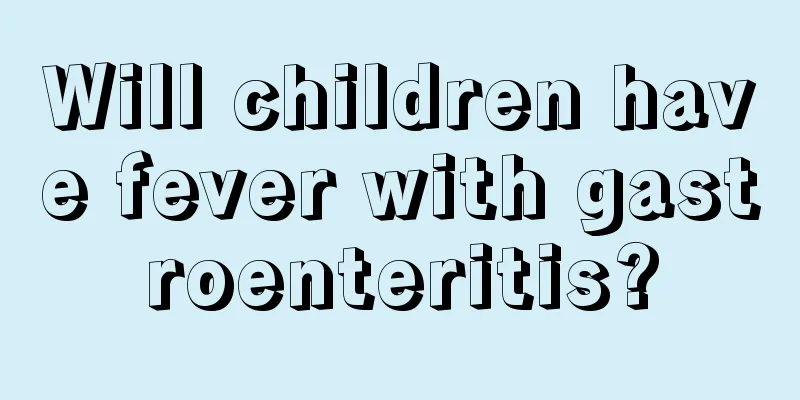
|
In the pediatric department of the hospital, acute gastroenteritis in children is very common. The cause of this disease is still related to the children’s daily living habits and eating habits, so parents cannot escape responsibility. In fact, pediatric gastroenteritis is not as serious as imagined, and it can be cured with timely treatment. So will pediatric gastroenteritis cause children to have a fever? There are many reasons for children's fever. In addition to colds and pneumonia, fever caused by gastroenteritis is also common, especially in infants. Especially for children, improper diet and weak spleen and stomach cause food to accumulate in the stomach and intestines. It cannot be digested and accumulates and ferments in the stomach and intestines, generating heat energy and fever. Infants and young children are most likely to suffer from fever. This fever causes hot palms and limbs, unlike a cold which causes cold limbs. The fever will subside and the patient will recover after the food is digested. Gastroenteritis, with typical symptoms of vomiting and diarrhea, is usually caused by a gastrointestinal virus, the most common of which is rotavirus. Apart from this, it may also be caused by other reasons such as bacteria, parasites or mild food poisoning. Most babies will be infected at least once before the age of 3. It is very similar to the flu in that it is contagious, may cause fever, and is affected by the season. It's just that the flu is caused by a respiratory infection. Because the child's immune system is not yet fully developed, the first infection may also be the most dangerous. The virus is spread through saliva or feces, so the initial symptoms are vomiting, low-grade fever, and then intermittent diarrhea. It is not completely impossible for children to take antipyretics when they have a low fever. Similarly, there is no clear conclusion on whether children can take medicine when they are vomiting. But you must be careful when choosing medicine. For example, ibuprofen may irritate the child's stomach, so it is best not to feed him medicine when he is only experiencing nausea symptoms. If a child with gastroenteritis vomits for more than 3 days, has diarrhea for more than 7 days, has a fever for more than 2 days, has green vomitus, or has severe stomach pain, he or she must go to the hospital for examination in time. Remember that if your child is vomiting and has diarrhea, or has a persistent fever, he or she is likely to be severely dehydrated. In addition, if the child has blood in the stool, it may be a bacterial infection and needs to see a doctor immediately. |
<<: How often should chest compressions be given to children?
>>: What kind of milk is good for a two-year-old?
Recommend
How do children reduce phlegm? This diet is better than medication
Now, because the flu is too frequent, various pro...
Baby pneumonia has repeated fever, these solutions should be understood
Some children will have fever symptoms after suff...
Symptoms of humeral surgical neck fracture in children
Surgical tibia fracture of the humerus in childre...
What to do if your baby has a fever of 37.9 degrees
The healthy growth of the baby is the hope of eve...
What should I do if my child has a runny nose?
Children are the group most likely to have a runn...
What are some tips for treating sore corners of children's mouth?
Compared with adults, children are more prone to ...
What are the physical cooling methods for children?
Most children nowadays are only children. Once th...
What are the symptoms of intestinal spasms in children
For parents, babies are their most cherished trea...
Can babies drink water boiled with loquat leaves?
Drinking loquat leaves boiled in water is very ef...
What are the treatments for keratitis in children?
Generally speaking, after children suffer from ke...
What is the correct way to care for your baby's face?
Children are the treasures of their mothers. Many...
My baby has not defecated for two days and only farts
When babies are very young, their daily diet is a...
Which department should children with hernia go to?
Most young people are first-time parents, so when...
What to do if an 11-year-old child has a fever
When this happens, you must go to the hospital fo...
What are the symptoms of abdominal bloating in newborns?
It is quite common for newborns to have bloating....
